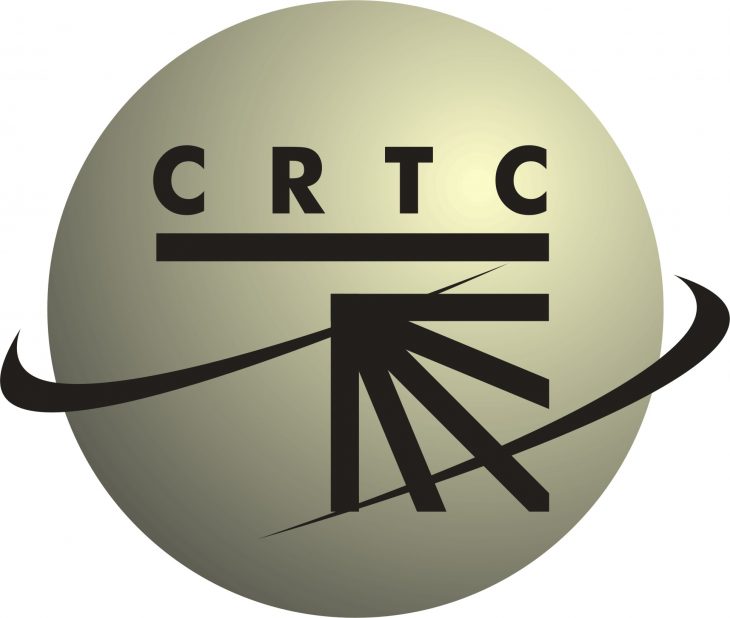
OTTAWA – CRTC commissioner Raj Shoan this week filed a Federal Court Application seeking a judicial review of CRTC chairman Jean-Pierre Blais over an internal investigation of allegations of harassment made against Shoan.
The investigation, done by an outside third party, found that Ontario regional commissioner Shoan did commit harassment and so chairman Blais imposed five corrective measures which placed limits on how Shoan can communicate with staff. According to the court application, Shoan wants the decision Blais made on the harassment complaints to be cancelled, or that it be remitted to the Governor-in-Council (which appoints CRTC commissioners) for review.
The court application tells of e-mails between Shoan and Amanda Cliff, the CRTC’s executive director, communications and external relations, exchanged over “several months” which came to a head September 18th (in the midst of the CRTC’s Let’s Talk TV hearing) when Cliff made a harassment complaint against Shoan “alleging a breach of the Treasury Board Policy on Harassment Prevention and Resolution… The substance of the complaint comprises only email exchanges; the Applicant and Cliff have never spoken alone in person,” reads the filing.
The CRTC then hired Laurin and Associates Mediation and Conflict Management to investigate Cliff’s complaint and the company filed its report with the Commission March 17th. It said Shoan’s actions did constitute harassment, that he attempted to undermine Cliff’s credibility with staff, that he humiliated her by sending emails to colleagues and superiors and showed aggressive behaviour. And on September 17th, “the Applicant threatened Cliff by informing her he was prepared to make an official complaint about her to the Office of the Commissioner for Public Service Integrity, so as to try to intimidate and coerce her to comply with his demands, and that, in doing so, he did attempt to destroy her career and reputation,” reads the court application.
On April 7th, chairman Blais informed Shoan than he must now: copy all emails he sends to CRTC staff to Commission secretary general John Traversy; that all phone calls he makes to staff must be co-ordinated through Traversy’s office and the content of the planned phone calls must be communicated first; and that Shoan must not communicate with Cliff at all. No changes in Shoan’s communications are required during full meetings of staff and committees.
A copy of the report was also sent to the Minister of Canadian Heritage for review.
Shoan disputes all of this in his filing and demands that Blais’ limits on his communications be reversed. The court application says the final Laurin report contains a number of legal and factual errors, saying as his communications with Cliff was not harassment, nor did Shoan attempt to undermined her credibility.
Shoan also disputes the report’s findings that “the applicant refuses to recognize the chairman’s authority and takes issue with the reality that the complainant and staff obey the chairman’s instructions and directions,” among many other things.
Also, Shoan’s application says that Traversy and Blais “erred in law by establishing a flawed and biased process to address the complaint in: a. the selection process for the investigators; b. the selection of the secretary-general as ultimate arbitor of the complaint; and c. allowing for the creation of an incomplete evidentiary base given fear of reprisals.”
The measures taken against Shoan, continues the filing, “are without jurisdiction and contrary to the Canadian Radio-television and Telecommunications Commission Act and infringe upon the Applicant’s duties as a commissioner of the CRTC.”
As well, contends the document, “the chairman erred in law and policy by repeatedly attempting to supervise and direct commissioners, via CRTC staff, through the creation of internal procedures that were contrary to the CRTC Act.”
Shoan now has 30 days as of the date of the filing (which was done Tuesday, April 28) to submit an affidavit providing detail of the content of the emails and other communications and actions cited here.
"My hope is that the judicial review will result in an objective assessment of the issues and a strong rebuke against a culture of control and the quashing of dissent within the CRTC." – Raj Shoan, Ontario CRTC commissioner
Late Wednesday Shoan, who has hired a PR firm to help him, released the following statement:
“I have taken an important step in ensuring that the work of the commissioners of the CRTC continues in an independent and transparent fashion, free from undue interference, according to the legislative acts that govern the practice of the Commission.
“As a result of my ongoing, and unanswered, inquiries on a number of governance issues to Commission staff and the Direct Reports of the chairman and CEO of the CRTC, it is alleged that I harassed a senior CRTC staff member when questioning them, via email, about legislative and policy concerns. This is an allegation I strongly reject; a healthy work environment is important to all commissioners and I take the issue of harassment very seriously. Additionally, an informal investigation was conducted into my queries with serious legal and procedural irregularities.
“In an effort to bring transparency and objectivity to this process and, more broadly, to the decision making processes within the CRTC, I have filed a Notice of Application for judicial review. My hope is that the judicial review will result in an objective assessment of the issues and a strong rebuke against a culture of control and the quashing of dissent within the CRTC.
“It is vital that all CRTC commissioners continue to be able to act independently without having to have their words, thoughts and actions improperly screened.”


